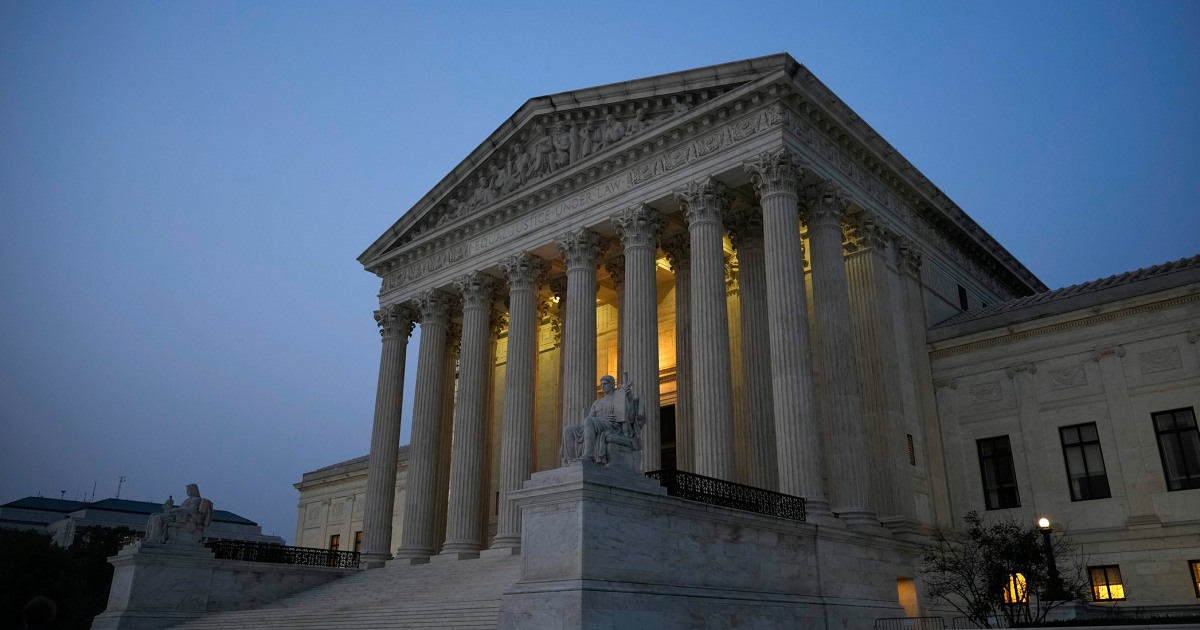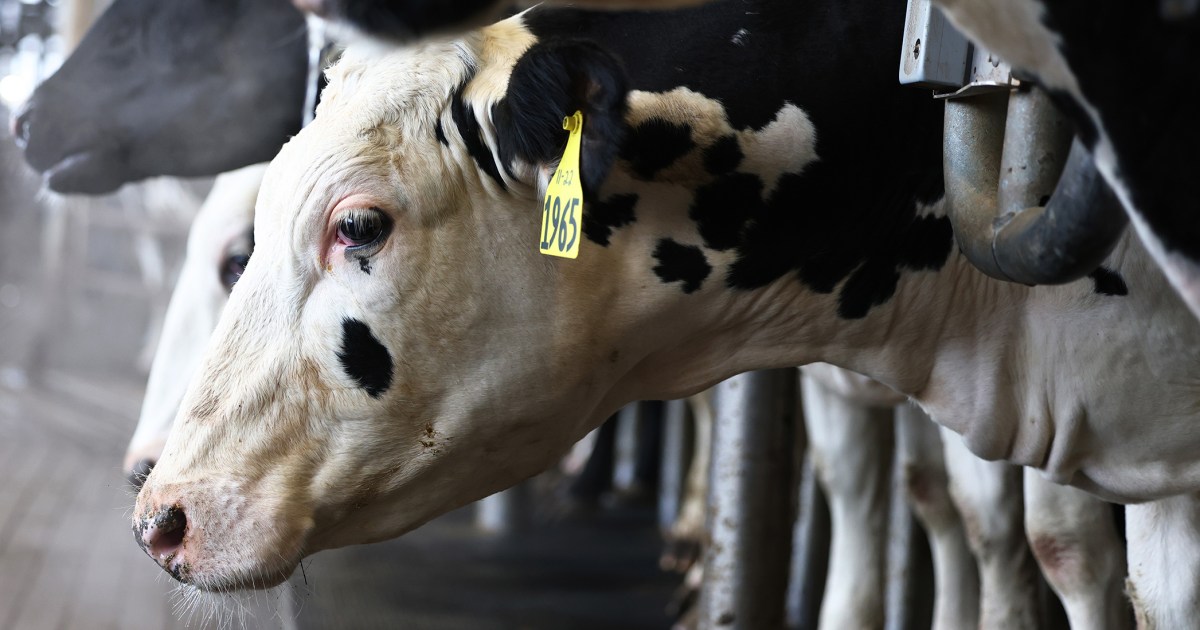
WASHINGTON — The Supreme Court on Friday agreed to hear a case about whether a charitable group linked with the Catholic Church can claim a religious exemption from Wisconsin’s unemployment tax system.
The Catholic Charities Bureau of the Diocese of Superior appealed after the Wisconsin Supreme Court ruled in March that its activities are not religious in purpose, meaning the various groups it controls could not obtain the same exemption that strictly religious entities can get.
The case concerns whether being forced to pay the tax would violate the Constitution’s First Amendment, which protects freedom of religion. The provision has long been interpreted to exempt religious institutions from taxation.
“Wisconsin is trying to make sure no good deed goes unpunished,” Eric Rassbach, a lawyer at public interest law firm Becket who represents the challengers, said in a statement. “Penalizing Catholic Charities for serving Catholics and non-Catholics alike is ridiculous and wrong.”
The Wisconsin Labor and Industry Review Commission had concluded that the charitable groups were not “operated primarily for religious purposes” under Wisconsin law.
The groups in question, Headwaters, Barron County Developmental Services, Diversified Services and Black River Industries, primarily serve developmentally disabled people.
The state court found that the groups’ activities were mostly secular, noting that they do not “attempt to imbue program participants with the Catholic faith nor supply any religious materials.” The programs are open to all people, whether they are Catholic or not.
The Wisconsin unemployment compensation system was set up in 1932 to provide a safety net for people who lose their jobs and are “dependent upon others for their livelihood,” the commission said in court papers.
The Supreme Court has a 6-3 conservative majority that is often solicitous of religious claims.
Groups representing various Christian denominations and people of other religious faiths, including Jews and Sikhs, also asked the court to take up the case.








